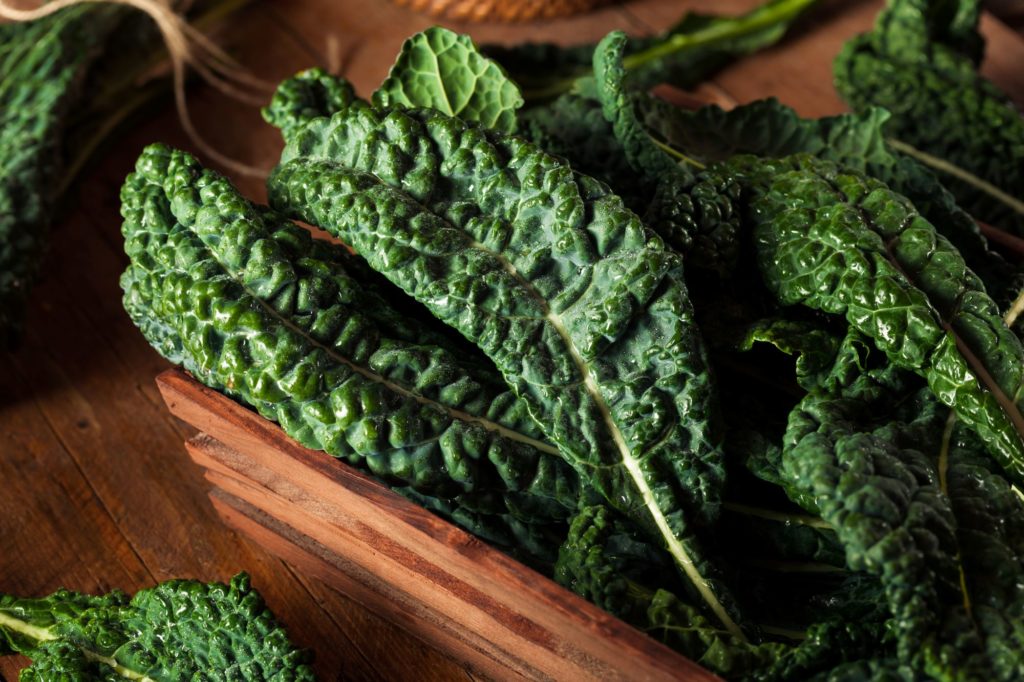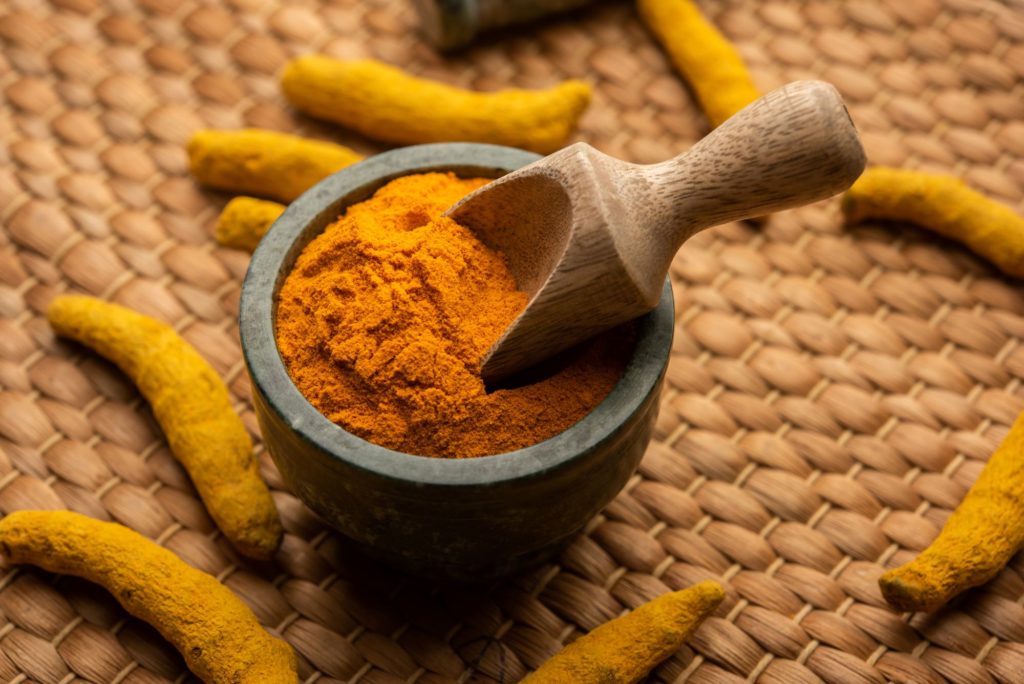Did you know inflammation is a natural bodily function that can be beneficial for your health? Inflammation, when temporary, is your body’s way of fighting off infections or healing an injury. If inflammation becomes chronic, however, it can lead to health problems like arthritis, heart disease, and diabetes. Chronic inflammation can be triggered by certain lifestyle factors, such as poor diet, lack of exercise, and unhealthy habits—but there are several powerful foods you can incorporate into your meals to help reduce inflammation.
Top Anti-Inflammatory Foods
1. Berries
Many types of berries—including blueberries, strawberries, raspberries, and blackberries—are packed with powerful antioxidants. You can eat more berries by adding them to your morning yogurt, smoothie, or oatmeal, or just by eating them on their own!

2. Leafy Greens
Leafy greens such as spinach, kale, and collard greens are high in vitamins, minerals, and antioxidants that help reduce inflammation. Try to include a variety of these greens in your salads, smoothies, and side dishes.
3. Fish
Certain kinds of fish (like salmon, cod, and mackerel) contain high amounts of omega-3 fatty acids, which can help control chronic inflammation. Omega-3s are also great for your heart health! You can enjoy a serving of these fish grilled, baked, or even added to a salad.
4. Nuts
Nuts are a “nut-ritious” source of healthy fats, protein, and fiber in addition to containing antioxidants. Enjoy a handful of almonds, walnuts, or pistachios as an afternoon snack, add them to salads, or sprinkle them in your morning cereal.
5. Olive Oil
Using olive oil in your cooking—specifically virgin and extra virgin olive oil—is another great way to incorporate anti-inflammatory ingredients into your diet. Try switching out butter or margarine for virgin olive oil when frying or roasting, or use extra virgin olive oil in your salad dressings.
6. Tomatoes
When thinking of anti-inflammatory foods, tomatoes may not immediately come to mind—but they are full of antioxidants! Try adding fresh tomatoes to salads and sandwiches, or enjoy them cooked in soups, stews, and sauces.

7. Turmeric
It wouldn’t be a list of anti-inflammatory foods without turmeric. Turmeric contains curcumin, a powerful anti-inflammatory ingredient. You can add turmeric to a lot of meals, including curries, soups, and even smoothies! If you also add a little black pepper, it can help with absorption into your body.
8. Green Tea
This is technically a beverage (not a food), but green tea is another fantastic source of antioxidants. Drinking green tea regularly—hot or iced— can help reduce inflammation. Try switching it up by adding things like lemon, ginger, or mint for a little bit of variety.
Lifestyle Tips for Reducing Inflammation
In addition to eating more anti-inflammatory foods, there are some lifestyle changes you can make to reduce inflammation even more:
- Regular Exercise: Exercising for at least 30 minutes every day can help manage inflammation. This can include moderate activities like walking, stretching and yoga, or swimming.
- Stress Management: Chronic stress could be causing or worsening inflammation. Try practicing mindfulness to reduce stress, which might look like meditation, breathing exercises, journaling, or enjoying the outdoors.
- Quality Sleep: Poor sleep and unhealthy sleep habits can elevate inflammation levels. Practice good sleep hygiene and make it a goal to get 7-9 hours of restful sleep each night.
- Limit Alcohol and Smoking: Did you know alcohol consumption and smoking can lead to inflammation? Take steps to quit smoking, and if you drink alcohol, consider taking a break to see if your inflammation improves.
Reducing inflammation is one key to maintaining good health and preventing further health problems. By doing something as simple as incorporating anti-inflammatory foods into your diet, you can help your body fight inflammation naturally. Coupled with a healthy lifestyle that includes regular exercise, stress management, and adequate sleep, these dietary changes can make a significant impact on your overall well-being.
This blog post is meant for informational purposes only and does not constitute professional health or nutrition advice. For more information, please contact a local healthcare professional.